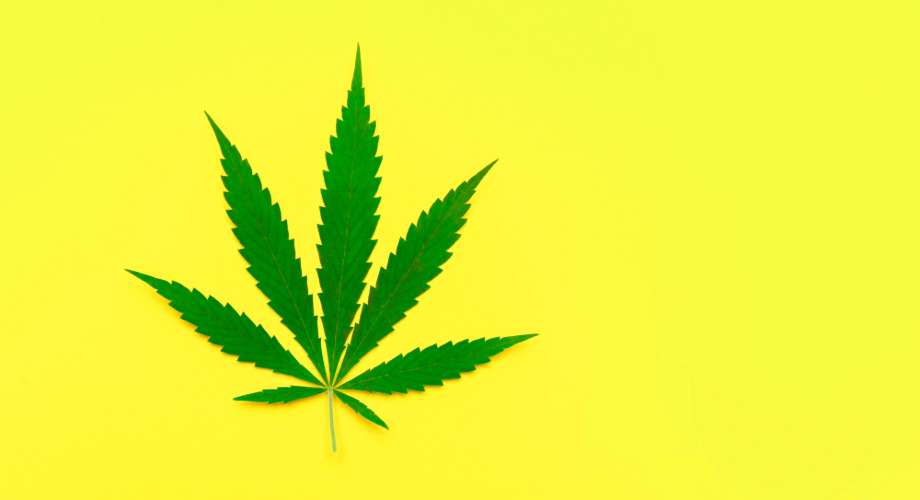Overdose deaths in America climbed significantly from 2019-2022. The sharp increase from 70,000 in 2019 peaked in 2022, totaling over 100,000. These statistics correlate with the simultaneous rise in synthetic opioid use. Remember the fentanyl epidemic that took over news feeds and social media during this period? Yet, in subsequent years, we’ve seen a reversal in overdose mortality rates that reached record lows in 2024. In today’s blog, we dive into a hunch many are subscribing to about what’s responsible for this sudden decline in pharmaceutical overdoses: cannabis legalization.
While fentanyl remains a major public health concern, a growing number of scientists, wellness experts, and medical professionals have started to subscribe to the idea of swapping addictive prescription medications for earth-derived aids, namely cannabis. Unlike opioids, NSAIDs, sleeping pills, SSRIs (antidepressants), and anti-anxiety drugs like benzodiazepines (e.g., Xanax, Valium), cannabis offers a comparable treatment without the long-term health risks. Cannabis rivals these harmful medications, providing a natural alternative for managing pain, inflammation, stress, anxiety, and poor sleep that’s proven to be just as effective. As legal restrictions continue to loosen, research has identified a correlation between the rise in medical cannabis use and the plunge in overdose deaths in recent years. To that end, cannabis products have become a powerful and popular tool in combating the opioid crisis in America.
Cannabis is an effective alternative to pain, anti-anxiety, and sleep medications.
Research published by PubMed showed that 77% percent of patients who were prescribed opioids, benzodiazepines, or pharmaceutical sleep aids reported a decreased reliance on these medications after initiating medical cannabis. As such, we see a consistent downward trend of reduced use of pharmaceutical meds for pain, anxiety, migraines, and sleep due to medical cannabis.
Legalizing cannabis leads to steeper declines in overdose death rates.
States that have legalized cannabis have seen the most substantial declines in opioid-related overdose mortality rates. On average, states with medical cannabis laws have seen a 25% decrease once legislation is passed. Year after year, this reduction continues to strengthen. In most states, reduction rates peak at 33% approximately five years post-legalization, indicating a noteworthy impact. What’s more, making cannabis accessible provides an effective alternative for anti-anxiety, migraine, and sleep medication dependencies by approximately 70%.
Legalizing cannabis has a cascading positive effect on the economy & public health.
Significant declines in pharmaceutical reliance have a positive impact on America’s economy and public health. Switching from prescription medications to cannabis leads to fewer emergency room visits and lower healthcare costs. Consequently, the availability of affordable healthcare and a reduction in demand for emergency intervention shift social norms regarding the dynamics between patients, medical professionals, and general health habits, which ripple through both the industry and culture.
Because cannabis legalization is still in the early stages, so is the research that scientists have been able to produce. While studies are underway for treating medical conditions such as chronic pain, inflammation, anxiety, and insufficient sleep with cannabis, there’s no denying the apparent correlation between the increase in its use and the decrease in one of our generation’s most significant concerns: overdose deaths.
As a top-rated cannabis store in Silicon Valley, we advocate for alternative health aids that work. Cloud City is proud to contribute to curbing America’s overdose crisis with life-changing premium hemp products.
Want to know how cannabis can support you and your health needs? Take the first step towards a better you! Visit us in store for a one-on-one consultation with a cannabis expert. Check out our blog to learn more about the therapeutic benefits of cannabinoids, SME insights, and popular product recommendations.




